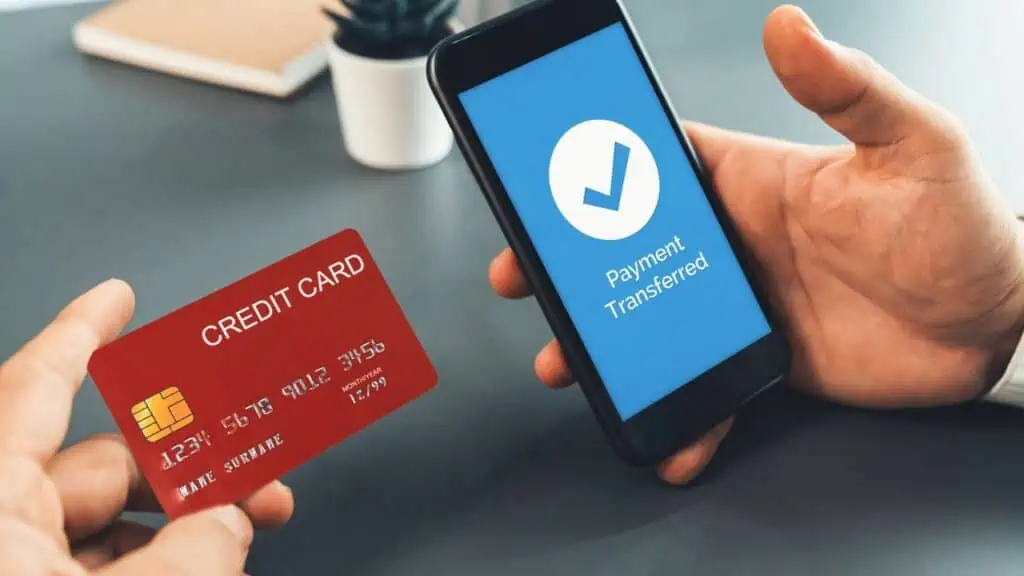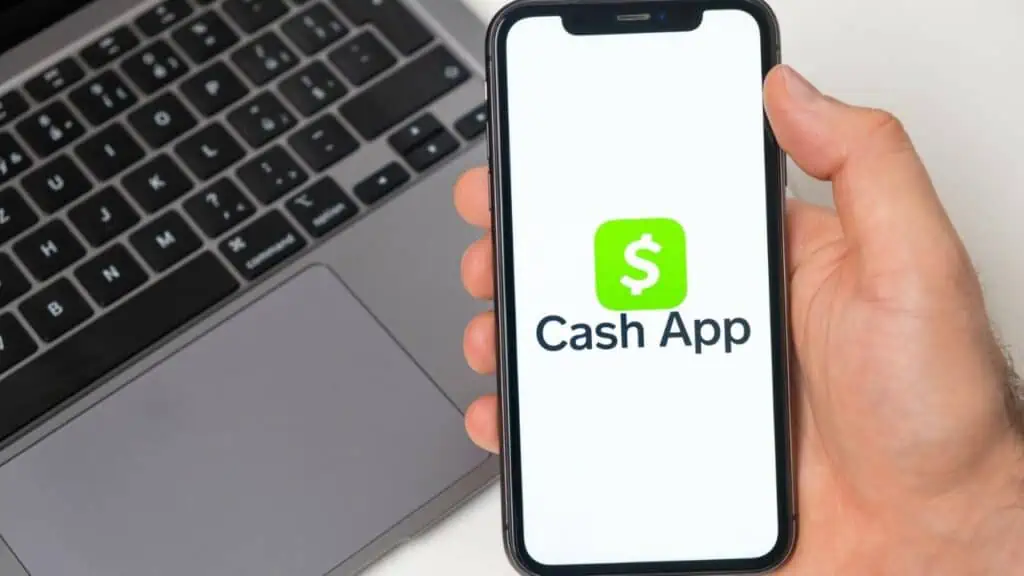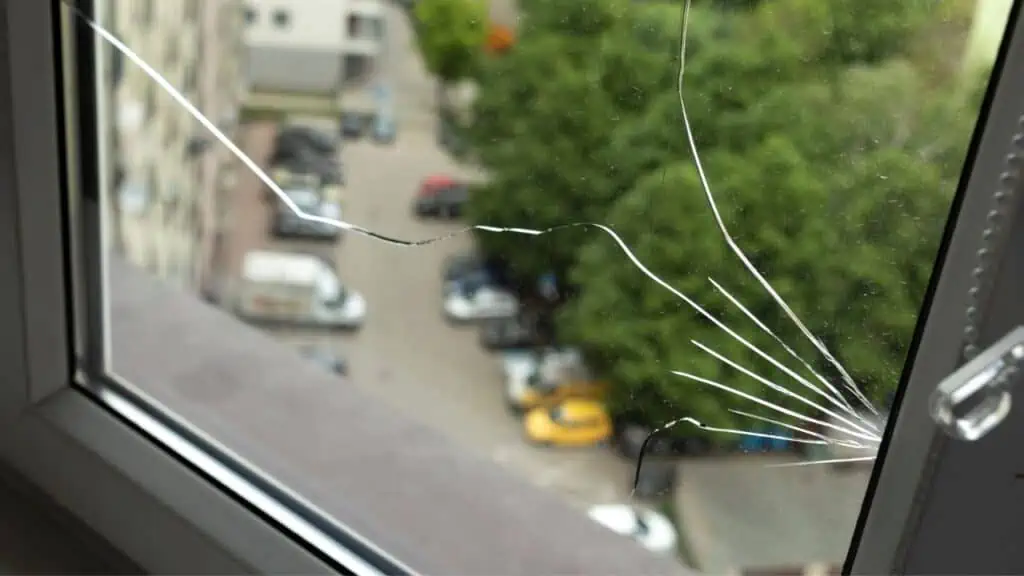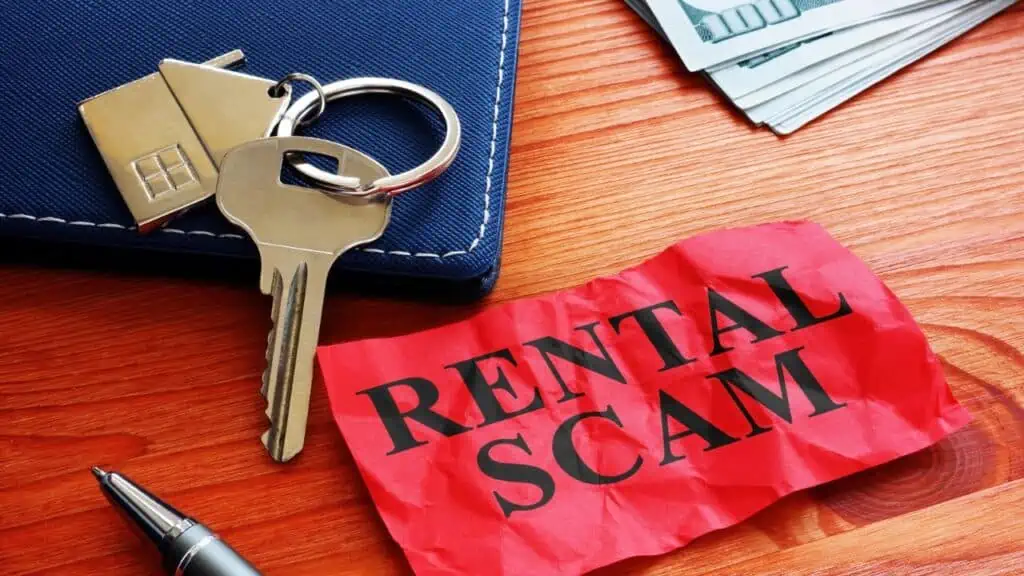No one wants to go on vacation only to find out they’ve been scammed! Unfortunately, it happens more often than you would think. So often, in fact, that the FBI has addressed this very issue over the years.
Every year, countless people fall victim to vacation rental scams. These schemes often involve criminals posing as property owners or rental agents to collect advance payments from unsuspecting victims. In many cases, the scammer will create a fake listing on a popular vacation rental website and use it to lure victims into sending them money.
#1 – Fake Vacation Rental Listings

There’s nothing quite as frustrating as falling in love with a property only to realize the listing is phony. Better to catch onto the fraud before you book, of course – be on the lookout for red flags. If something seems too good to be true, it likely is. Read reviews to see if people have had positive experiences with the owner. Then contact the owner directly to ask specific questions about the home, location, and amenities. If they’re unwilling to answer your questions or provide further details, you may have stumbled upon a fake listing.
#2 – Unreputable Booking Websites

Sometimes, lesser-known vacation rental companies can offer cheap rates. However, these companies may not offer refunds for unforeseen circumstances. Going through trusted booking sites that offer no-hassle remedies is always a good idea. Only book through secure websites – confirm the site’s security by looking for “https://” rather than “http://”. If there is no “s”, it’s not a secure site. If you do opt to book through a third-party vacation rental website, be sure to pay by credit card. It’s the best way to protect your purchase.
#3 – Being Rushed to Book the Rental

Scammers love to put undue pressure on their targets. The less time you have to think over your decision, the more likely you will miss red flags. If a rental property owner is pushing you to book as soon as possible, you may want to hold off. While it’s true that some rental properties are hot commodities, honest owners won’t need to rush potential guests into booking.
#4 – Unusual Payment Methods

Most online booking sites have a secure online portal for processing vacation rental payments. Many portals will let you pay by debit or credit card and occasionally by bank draft. A clear red flag is a request to be paid by certified check, cashier’s check, gift card, cryptocurrency, or an unsecured wire transfer. Requests to be paid by a cash app can also be a major indicator of a scam.
#5 – Too Good to Be True Rates

If you find a luxury property priced too cheaply, be on the alert. Rates that seem too good to be true probably are. Scammers love to hook us in with appealing rates and dazzling amenities. Before you fall into this trap, look into similar properties in the area. You’ll quickly get a feel for the average home price for your vacation dates. If a property falls way below the average, it’s probably worth skipping over, even if the price is tempting.
#6 – Too Many or Unauthentic Reviews

When booking a vacation rental, reading reviews is always a good idea. Reviews can give you insight into how your stay may go. However, sometimes scammers will employ people to write fake reviews for them. If you notice an unusual pattern of reviews that are vague or are essentially identical, be on the alert. Real reviews tend to go into detail, use good grammar, and have photos.
#7 – Poor Communication Skills

Not all poor communicators are scammers, but almost all scammers are poor communicators. That’s because the fewer lies they must tell, the better the odds they’ll be able to pull off their con. Speaking a foreign language isn’t a red flag, but delaying replies can be. If you get mixed signals from the owner, you may be better off canceling and booking with someone with more straightforward communication skills.
#8 – The Host is Unfamiliar with the Area

A reputable host should be familiar with the area’s attractions. If you ask a host for recommendations about the area and they can’t offer any information, you should consider that a significant red flag. A good host should know the property and the area like the back of their hand. Scammers can sometimes live in an entirely different country, making them unable to offer local tips and recommendations for things to do in the area.
#9 – Fake Rental Home Damages

Similar to buying a home or renting a new apartment, you’ll want to do a property walk-through before settling in. That’s because scammers are known to lie about their property being damaged to charge you a fee.
To be extra sure, take photos of the property and alert the host immediately about any damage you see when you arrive. It’s also a good idea to take pictures when you leave to have time-stamped proof that you are leaving the property undamaged.
#10 – The Old Vacation Rental Switcheroo

The vacation rental switcheroo is a tactic that can be difficult to foresee. The host will contact you at the last minute to inform you that something is wrong with the unit you booked. They will then offer you a rental equivalent to or better than the deal you initially booked. But when you arrive, you’re in for a big surprise! The new rental does not offer the amenities you paid for or is in a different part of town.
Scammers do this to put the more expensive rental back on the market and then play the old switcheroo game again. Additionally, sometimes you won’t know this will happen until you arrive at the vacation rental property and they tell you in person. Unfortunately, this scam is difficult to catch because it occurs at the last minute, leaving you no other option.
What to Do If You’ve Been Scammed

If you believe you’re a victim of a vacation rental scam, you should report it to the authorities. Use this link to report the scam to your local government, and if you’ve suffered monetary losses, report the incident to the local police. Furthermore, if you suspect your debit or credit card has been affected, freeze your account immediately and make a report with the issuing bank. Lastly, check if your travel insurance policy can help recoup costs.
Avoiding Vacation Rental Scams

It can be difficult to determine if your vacation rental is legit or not. Do your best to watch out for red flags that may indicate something fishy is going on. Only use reputable vacation booking websites and apps when possible. And if you suspect you’re being scammed, report it to authorities as soon as possible, and always practice travel safety.
ABOUT THE AUTHOR
Alexandrea Sumuel is a nationally syndicated travel writer and founder of the Wander With Alex travel blog. Her work has appeared on MSN, YAHOO!, Euronews, and FOX, ABC, and NBC affiliates across the United States.
Alex travels to experience, eat, explore, and occasionally escape! She collaborates with destinations, vacation property management companies, and hospitality technology firms to provide her readers with exclusive insights and information.